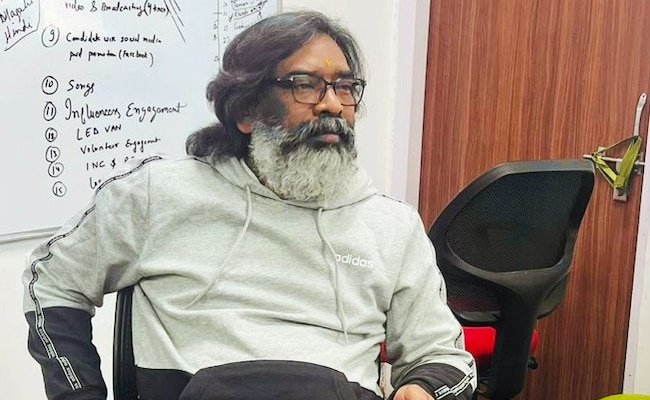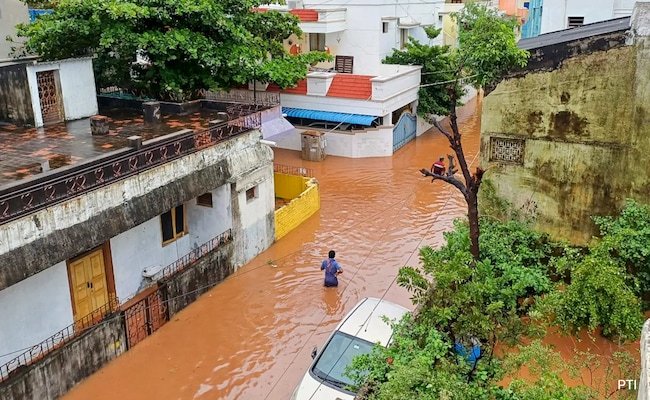
In its order on the shutdown of the Sterlite-Vedanta smelter in Thoothukudi, Tamil Nadu, the Supreme Court reiterated a fundamental principle that should guide decisions in all similar cases. The Court said, “It is an undeniable and fundamental truth that all persons have the right to breathe clean air, drink clean water, live a life free from disease and sickness… Without these basic rights, increased revenue and employment cease to have any real meaning.” The Vedanta plant was closed in 2018 following an order by the Tamil Nadu Pollution Control Board, which was preceded by massive public mobilisation on the ground that the unit was causing serious environmental damage.

In its order on the shutdown of the Sterlite-Vedanta smelter in Thoothukudi, Tamil Nadu, the Supreme Court reiterated a fundamental principle that should guide decisions in all similar cases. The Court said, “It is an undeniable and fundamental truth that all persons have the right to breathe clean air, drink clean water, live a life free from disease and sickness… Without these basic rights, increased revenue and employment cease to have any real meaning.” The Vedanta plant was closed in 2018 following an order by the Tamil Nadu Pollution Control Board, which was preceded by massive public mobilisation on the ground that the unit was causing serious environmental damage.
What the SC phrased beautifully in the Vedanta case is drawn from a broader reading of Article 21 that the right to life and liberty includes the right to a healthy environment. Since the 1980s, the judiciary has been taking an expansive view of the right to life to guide public policy. The rise in environmental awareness in the 1970s and the advent of activism and public interest litigation gave birth to green jurisprudence.
In the Vedanta order, the Court flags the polluter pays principle and the public trust doctrine to state that these serve as “a reminder that economic activities should not come at the expense of environmental degradation or the health of the population” and “the State must act as a steward of the environment, ensuring that the common resources necessary for the well-being of the people are protected against exploitation or degradation”. It is a timely reiteration that the health of the environment can’t be compromised for profits.







